Welcome to our webpage
Our History
Imagine living in France in the early 19th century, after the chaos and violence of the French Revolution. The Church is in disarray, the people are in need of hope and guidance, and the society is in transition. In this turbulent time, a young priest named Basile Moreau has a dream: to form a new religious community of priests, brothers, and sisters who would work together to educate and evangelize the people of France and beyond.

Moreau was born in 1799 in Laigné-en-Belin, a small village near Le Mans. He grew up in a devout Catholic family and felt called to the priesthood from an early age. He entered the seminary in 1814 and was ordained in 1821. He soon became a professor of theology and philosophy at the seminary of Le Mans, where he impressed his students and colleagues with his intelligence, piety, and charisma.
Moreau had a vision of a religious community that would combine the apostolic zeal of the Jesuits, the simplicity and humility of the Franciscans, and the devotion and tenderness of the Montfortians. He wanted his community to be modeled after the Holy Family of Jesus, Mary, and Joseph, and to have the cross as its symbol and hope. He also wanted his community to be open to the signs of the times and to the needs of the Church and the world.
Our Mission
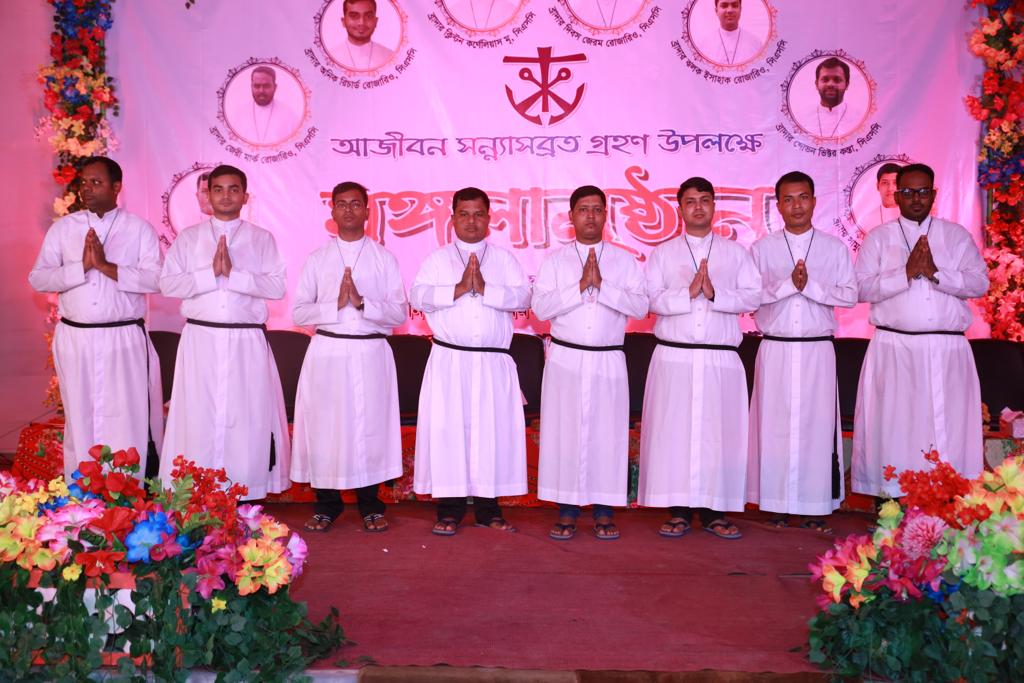
Our mission is to be faithful disciples of Jesus Christ, who came to proclaim the good news to the poor, to heal the brokenhearted, to set the captives free, and to bring hope to the world. We are inspired by the words of our founder, who said: "We are not here to do great things, but to do small things with great love."
We seek to live out our mission through our vows of poverty, chastity, and obedience, which express our total commitment to God and to our brothers and sisters in the congregation and in the world. We also seek to live out our mission through our charism, which is the gift of the Holy Spirit that animates our life and ministry.
Our Vows
Our vows are the expression of our love for God and for our neighbor. They are the means by which we conform ourselves to Christ and share in his mission. They are also the source of our joy and freedom, as we rely on God's grace and providence.
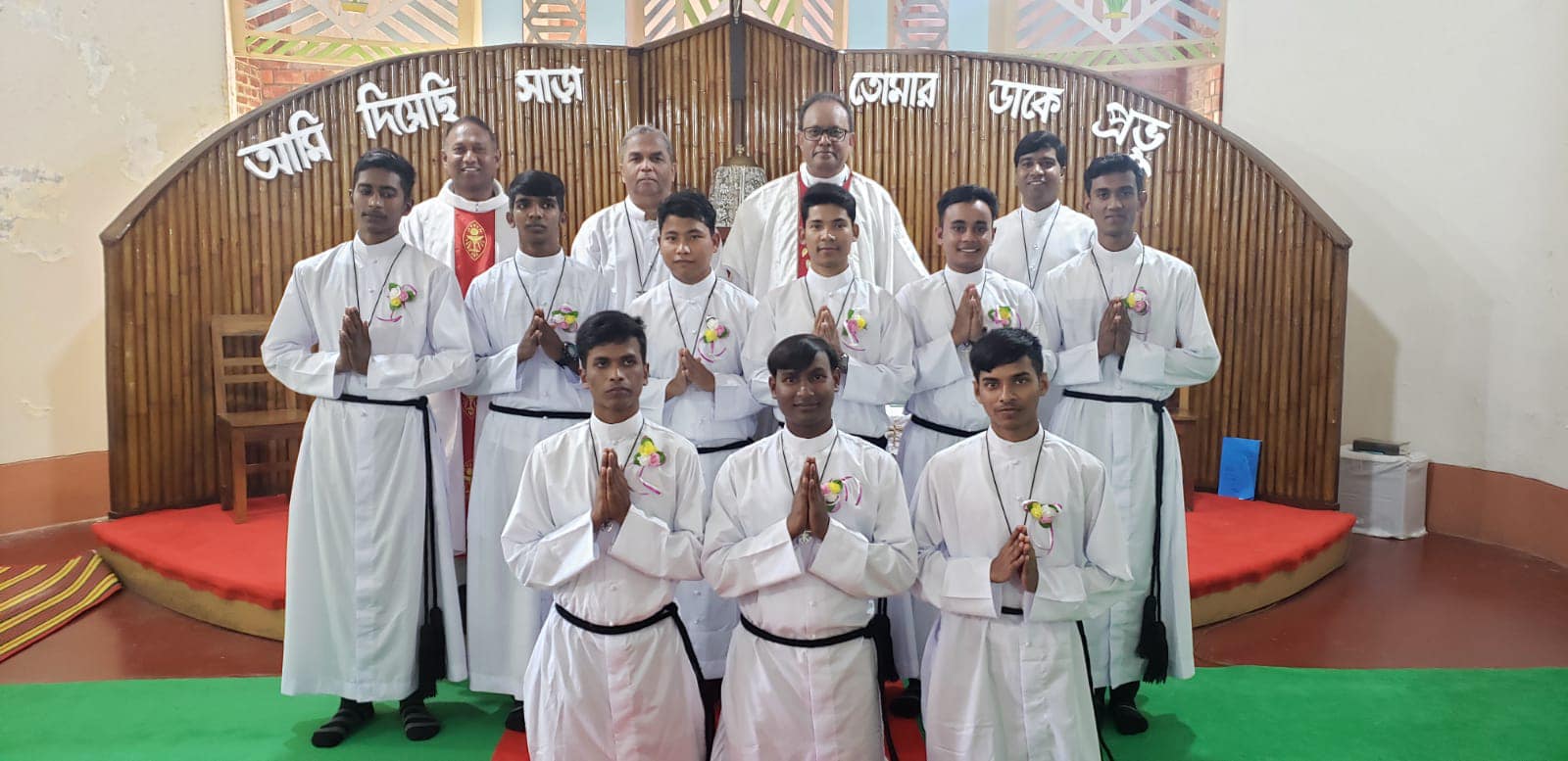
We profess the vows of poverty, chastity, and obedience, following the evangelical counsels that Jesus taught and lived. By the vow of poverty, we renounce the ownership of material goods and share everything in common, trusting in God's generosity and care. By the vow of chastity, we dedicate our whole being to God and to the service of his people, living in celibacy and in fraternal love. By the vow of obedience, we listen to God's will and to the voice of the Church, submitting ourselves to the authority of our superiors and to the common good of the congregation.
Our Charism
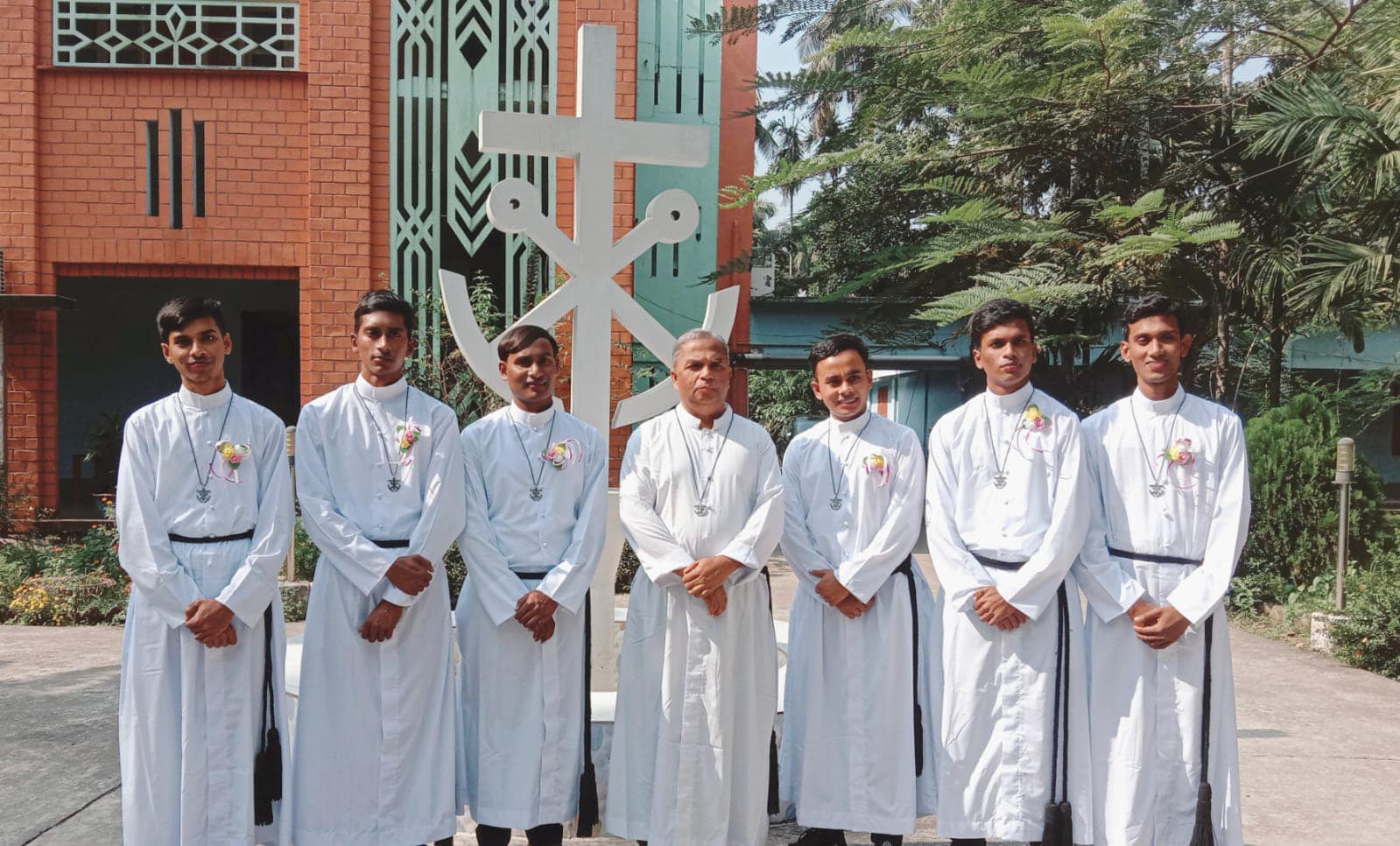
Our charism is the gift of the Holy Spirit that gives us a distinctive identity and mission in the Church. Our charism is to be a sign of the cross, the symbol of God's love and mercy for the world. We are called to embrace the cross in our own lives, to share in the sufferings of Christ and of his people, and to witness to the power of the resurrection and the hope of glory.
Our charism also impels us to be a sign of unity, the fruit of the cross. We are called to foster communion among ourselves, among the members of the Church, and among all people of good will. We are called to promote dialogue, reconciliation, and peace in a divided and wounded world.
Our Vocation
Our vocation is to be holy, as God is holy. We are called to follow Jesus Christ, the way, the truth, and the life, and to imitate his virtues and attitudes. We are called to be faithful to the Gospel, to the teachings of the Church, and to the spirit of our founder. We are called to be men and women of prayer, of service, and of mission.
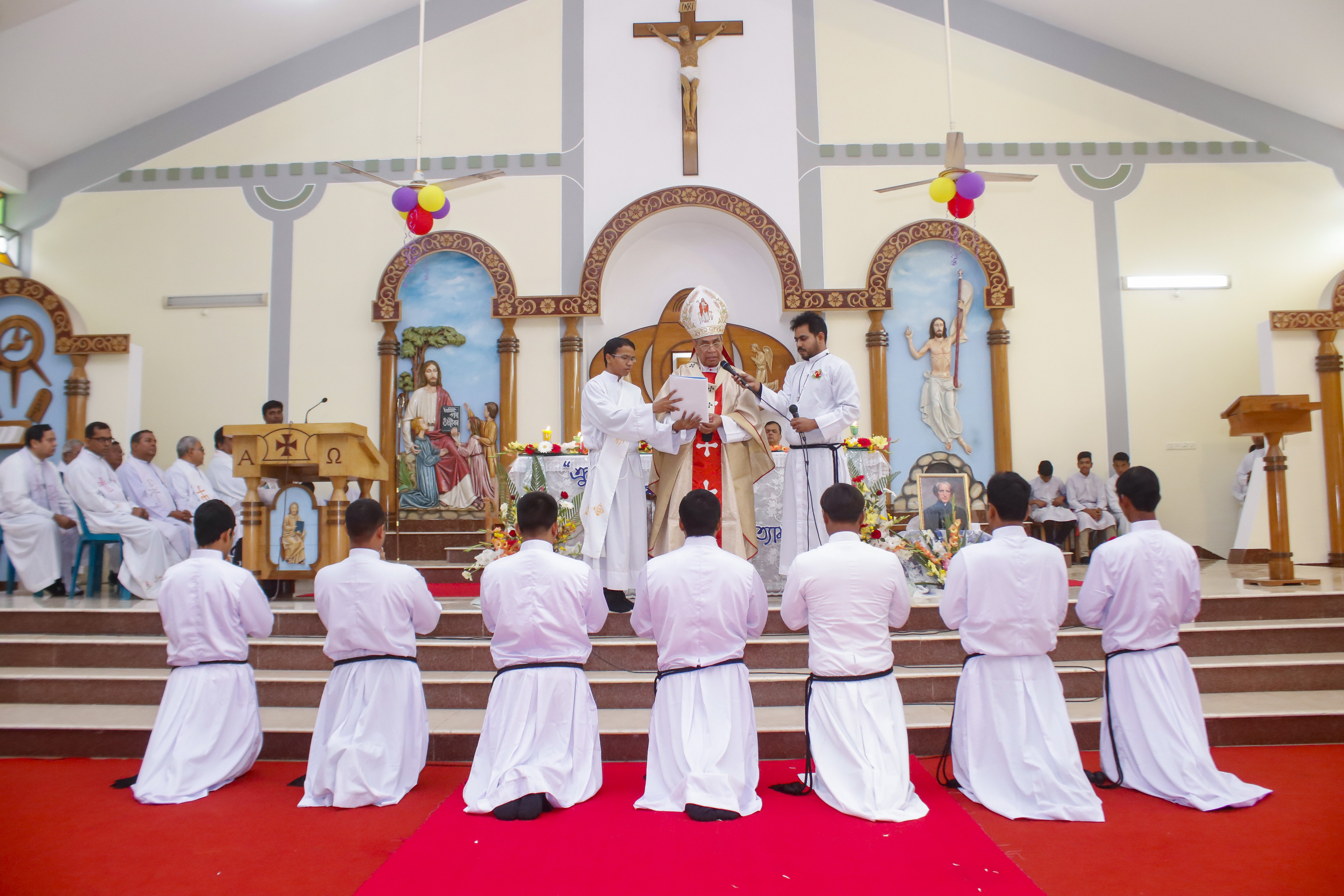
Our vocation is also to be apostolic, as Jesus was sent by the Father. We are called to share in the mission of Christ, who came to save the world and to make all things new. We are called to use our gifts and talents for the glory of God and for the good of his people. We are called to be co-workers with the Holy Spirit, who guides and empowers us for our ministry.
Our Prayer Life
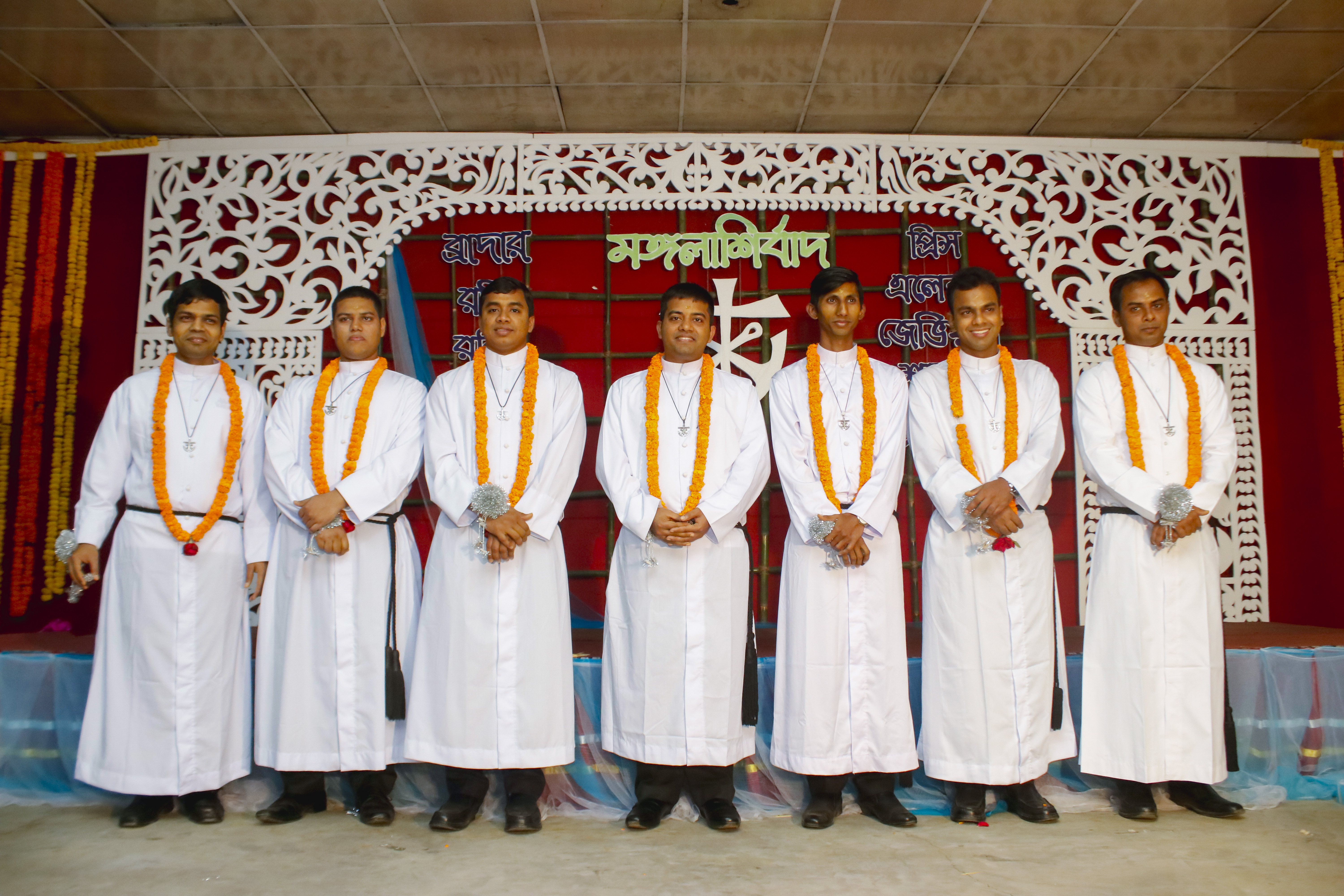
Our prayer life is the foundation and the nourishment of our vocation. We pray to praise and thank God, to ask for his help and forgiveness, to intercede for the needs of the Church and the world, and to listen to his voice and his will. We pray individually and communally, in private and in public, in silence and in words, in action and in contemplation.
We pray according to the liturgy of the Church, especially the Eucharist and the Liturgy of the Hours, which are the sources and the summits of our spiritual life. We also pray according to the traditions of our congregation, such as the rosary, the stations of the cross, the novena to the Sacred Heart, and the spiritual exercises of St. Ignatius. We also pray according to our personal preferences and needs, such as meditation, lectio divina, adoration, and spiritual reading.
Our Community Life
Our community life is the expression and the support of our vocation. We live together as brothers and sisters, sharing our joys and sorrows, our strengths and weaknesses, our hopes and fears. We live together as friends, respecting and appreciating each other's diversity, personality, and gifts. We live together as disciples, following the same Lord and Master, and striving to grow in holiness and in apostolic zeal.

We live according to the rule of life of our congregation, which outlines the principles and practices of our common life. We also live according to the guidance of our superiors, who are the servants and the leaders of our communities. We also live according to the needs and the opportunities of our ministry, which may require us to adapt and to be flexible in our community arrangements.